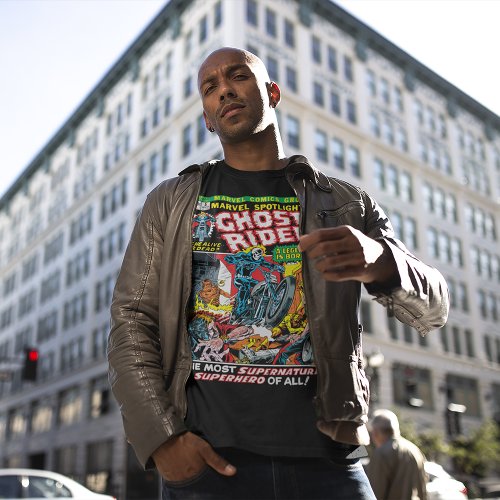In 1995, America’s college graduation rate was second in the world. Ten years later, it ranked 15th. As so many nations around the world continue to improve their systems of education, America can no longer afford to maintain the status quo. In an ever-changing, increasingly competitive global economy, is the U.S. doing all it can to prepare its students to win jobs and maintain a robust economy?
Where We Stand: America’s Schools in the 21st Century, premiering Monday, September 15, 2008 at 10 p.m. on PBS, presents a frank evaluation of our educational system’s strengths and weaknesses. Hosted by Judy Woodruff, Senior Correspondent for The NewsHour with Jim Lehrer, the documentary will visit schools throughout Ohio, an important swing state that represents a range of socioeconomic and geographic school districts. The program will feature schools in urban Cincinnati, suburban Columbus, and rural Belpre.
Where We Stand will introduce students, parents, teachers and administrators whose stories illustrate the overwhelming odds and shining successes of education in America. They include Bin Che, an educator from mainland China who teaches Mandarin in rural Ohio; Cherese Clark, principal of a high-poverty school struggling under the pressure of low test scores; and Alex Perry, a student at a STEM school (which focuses on Science, Technology, Engineering and Math), who, at age 16, has already taken three college-level math classes.
Several nationally recognized education experts and leading proponents of educational reform will put these examples in context. They include Geoffrey Canada, CEO of the Harlem Children’s Zone; Diane Ravitch, education historian; Wendy Puriefoy, President of Public Education Network; Chester Finn, Senior Fellow at the Hoover Institute; Rick Hess, Director of Education Policy Studies, American Enterprise Institute; Michael Rebell, Executive Director of the Campaign for Educational Equity, Teachers College, Columbia University; and Sharon Lynn Kagan, Associate Dean for Policy, Teachers College at Columbia University.





















![Set of 3 Sylvester Stallone Publicity Photos from Rocky IV and Rambo [PHO50]](https://www.filmfetish.com/img/p/2020/07/photo-lot-pho50-001-170x170.jpg)
![Times Square New York City, Forbidden Planet Playing at Globe Theatre, Horn & Hardart Automat Photo [210523-0001]](https://www.filmfetish.com/img/p/2021/08/210523-0001-19x13-web-170x170.jpg)

![Black and White Hot Rod Engine Photo [221110-18]](https://www.filmfetish.com/img/p/2022/11/221110-18-automotive-11x85-web-170x170.jpg)















































![RARE Set of 7 TV 101 (1988) Television Series Original Press Photos Early Matt LeBlanc Show [M44]](https://www.filmfetish.com/img/p/2023/02/P1490429--170x170.jpg)
![30 Days of Night: Dust to Dust (2007) 11×17 inch Promotional Poster [I10]](https://www.filmfetish.com/img/p/2021/04/30-days-night-i10-01-170x170.jpg)
![That’s Entertainment Part II Original 10×8 inch Press Photo Lobby Card – Mickey Rooney [G71]](https://www.filmfetish.com/img/p/2021/06/publicity-photo-g71-01-170x170.jpg)

![White Collar Original 13×19 inch Promotional TV Series Poster [I15]](https://www.filmfetish.com/img/p/2021/06/white-collar-i15-01-170x170.jpg)



![He-Man Masters of the Universe Mattel Toys Castle Greyskull (1981) [216]](https://www.filmfetish.com/img/p/2020/02/castle-greyskull-model-06-170x170.jpg)
![The Simpsons Set of 5 Collector PEZ Dispensers, Marge, Lisa, Maggie, Bart, Homer Simpson [PEZ05]](https://www.filmfetish.com/img/p/2021/07/pez05-01-170x170.jpg)